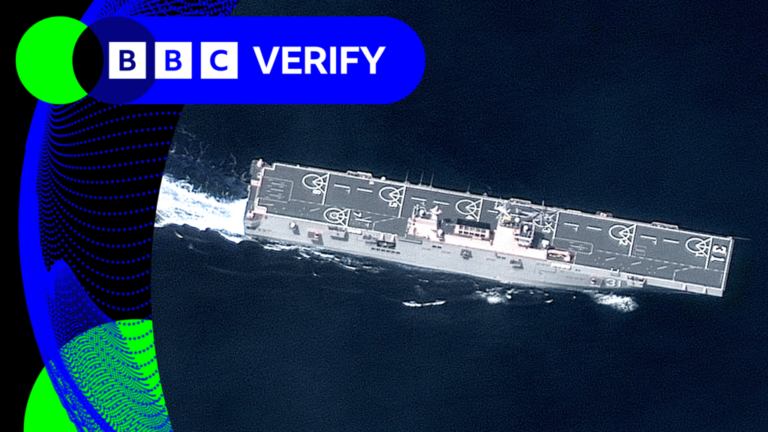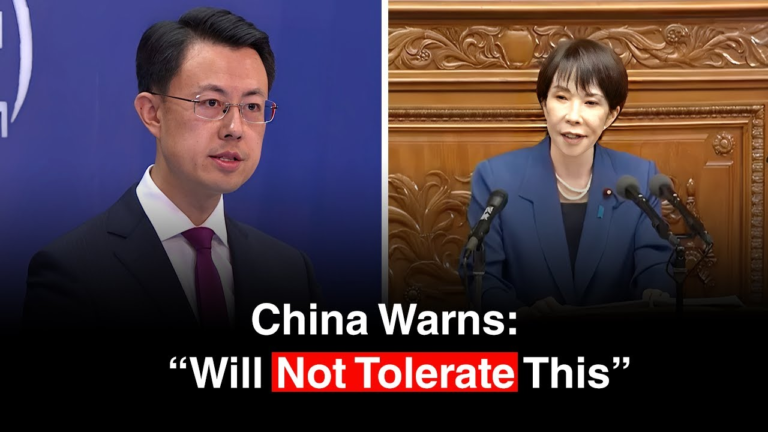
The Philippines is reportedly seeking to expand the so-called “Squad” grouping, currently involving the United States, Japan, and Australia, by including India and South Korea. This move is aimed at bolstering regional cooperation and countering China’s growing influence and assertive actions in the Indo-Pacific.
The initiative comes as tensions in the South China Sea continue to escalate, with China’s aggressive territorial claims drawing widespread criticism. By adding India and South Korea to the coalition, the Philippines aims to strengthen its security partnerships and create a more unified front against potential threats in the region.
India, with its strategic location and growing role in the Indo-Pacific, has emerged as a key player in counterbalancing China’s influence. Meanwhile, South Korea’s advanced technological capabilities and military strength could further enhance the group’s collective capabilities.
The proposed expansion aligns with the broader strategy of fostering multilateral collaboration among like-minded nations to ensure a free, open, and rules-based Indo-Pacific. Analysts believe that such partnerships could act as a deterrent against unilateral actions and contribute to maintaining regional stability.
However, the success of this initiative may depend on how well the participating nations align their strategic priorities and navigate the complexities of regional geopolitics. As discussions progress, the potential inclusion of India and South Korea in the “Squad” could mark a significant step toward reshaping alliances in the Indo-Pacific landscape.
The Philippines has stepped up efforts to expand the so-called “Squad” alliance to include India and South Korea, with military officials pushing for broader regional cooperation to counter China’s growing assertiveness in the Indo-Pacific.
Analysts say expanding the Squad – an informal security partnership between the Philippines, the US, Japan, and Australia focused on military cooperation, intelligence-sharing and joint exercises – would improve surveillance and response capabilities. This would hinder Beijing’s operations in contested waters and increase the chances of a coordinated regional response to Chinese provocations.
Armed Forces chief General Romeo Brawner Jnr told a security forum in New Delhi on Wednesday that Manila was strengthening its deterrence capabilities by collaborating with partners in the Squad.
“Together with Japan and our partners we are trying to expand the Squad to include India and probably South Korea,” Brawner said at the Raisina Dialogue, which was attended by senior commanders from Squad member nations and India.
Brawner also stressed the shared challenges facing Manila and New Delhi. “We have a common enemy. And I’m not afraid to say that China is our common enemy. So, it’s important that we collaborate together, maybe exchange intelligence,” he told reporters.
The bloc is one of several regional partnerships that Washington has used to counter China’s assertiveness in Asia.
There is also the Quad composed of the US, Australia, India and Japan and Aukus, a defence pact between Australia, the UK and the US.





